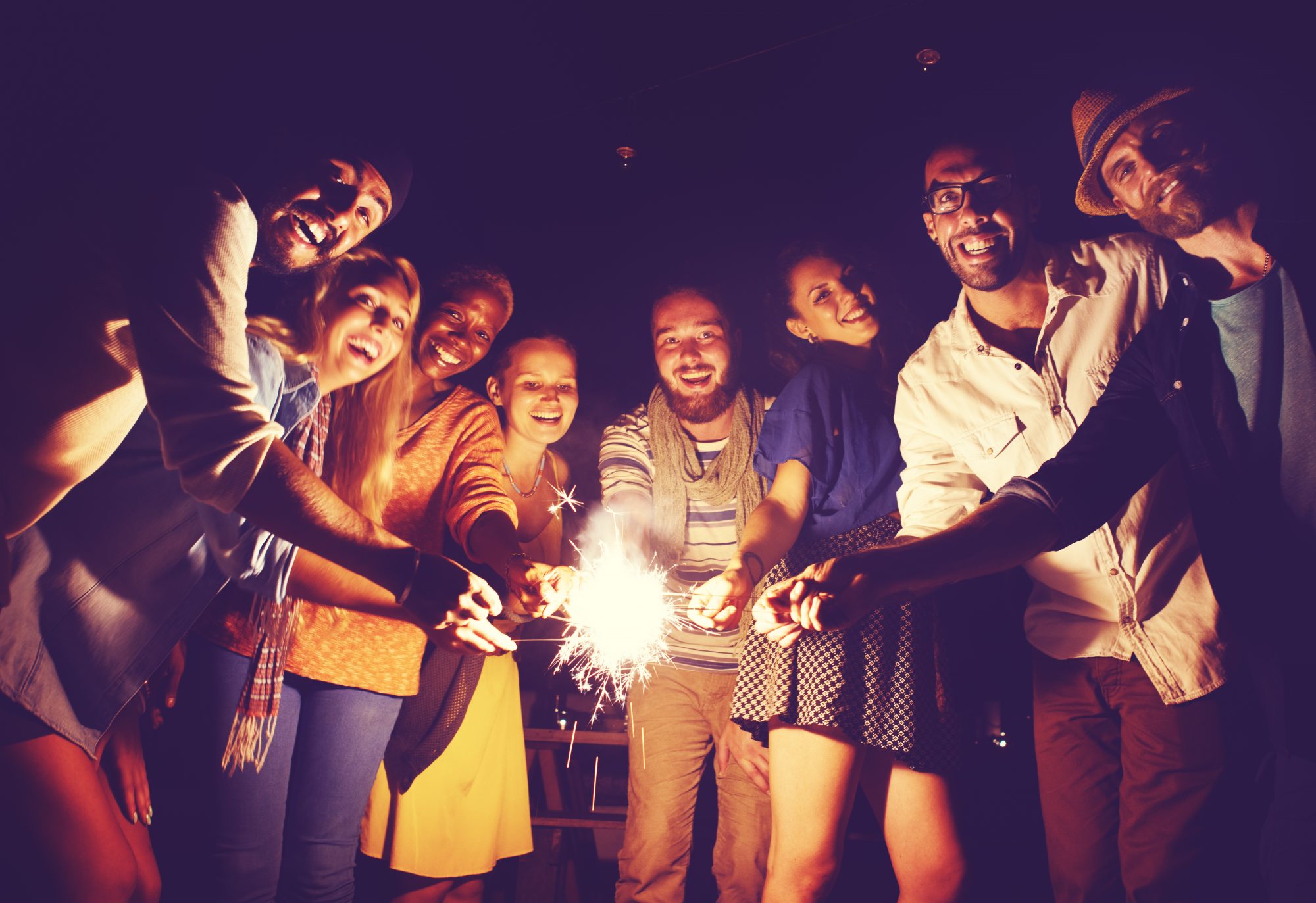Cecilia Van Cauwenberghe from Frost & Sullivan’s TechCasting Group, urges us to rethink the serious leisure perspective
In 2021, researchers working at the Department of Behavioural Science & Health of the University College London, the UK, published a map exhibiting over 600 mechanisms of action with evidence about the health benefits of leisure activities from a serious leisure perspective, such as voluntary, hobbies, arts, volunteering, community group membership, sports, and socializing activities (Fancourt et al., 2021).
Other investigators (Stebbins, 2020) present leisure mechanisms falling into different categories: psychological, biological, social, and behavioral processes that operate at an individual or micro level, a group or meso level, or a societal or macro level. This multi-level leisure mechanisms framework (MLLMF) considers leisure activities complex adaptive systems.
This approach also classifies serious leisure perspective into three types: serious – months or years of training to develop skills and knowledge, such as learning how to play a musical instrument; casual – short activities not requiring specialised training, like socializing with friends; and project-based – a one-shot creative undertaking not intended to develop into serious leisure, typically vacations. Although both frameworks converge, the last one emphasises the health benefits of leisure, including personal enrichment and interpersonal relationships, overcoming of expression limitations, enhanced creativity, and social attraction, among others (Dieser, 2021).
In the opinion of scientists from Texas A&M University (Lee et al., 2021), the overall results from both frameworks associate identity and commitment with mediating roles between durable benefits with effort and perseverance as the factors playing a pivotal role in the long-lasting benefits of serious leisure participation.
New studies highlight positive aspects
Another team of researchers working at the Adi Shankara Business School (ASIET) in Kalady, India, the Southampton Business School of the University of Southampton, the UK, and the Ronin Institute in Montclair, New Jersey, the U.S., designed, conceptually developed and empirically validated a mediation model of serious leisure and workplace well-being. According to the authors, the serious leisure perspective positively relates to workplace well-being, mediated by self-perceived employability (Nimmi and Donals, 2021).
In the context of the Australasian Association of Philosophy Conference carried out in June/July 2022, research advances in leisure studies from a philosophical perspective were presented (Mansourian, 2022a). The authors shared the phenomenological and context analyses from different groups of hobbyists, such as those who cook, potters, knitters,
birdwatchers, bonsai growers, and urban gardeners. The collection of empirical data was performed through semi-structured interviews, as well as content from social media. The goal was to identify patterns of information activities of serious leisure enthusiasts. In the lecturer’s opinion, people who engage in serious leisure for pure pleasure reasons, get satisfaction in their passion, which helps them find new meaningful purpose in their lives. Besides, this enthusiasm is not lost over the course of the activity, even in challenging situations, which promotes some conduct in other aspects of their life. Long-term, a new sense of identity, authenticity, honesty, and care for well-being practices are gained.
The authors also introduced the concept of ‘information curation’ to demonstrate that serious leisure perspective participants could be highly beneficial also for the communities (Mansourian, 2022b). During the analysis, the researchers highlighted that practising hobbies and voluntary activities meant that participants became willing to gather related information and develop exclusive methods to keep, organise and share data associated
with their practice. As a result, the whole community benefited from these exercises, going beyond conventional activities. The information is gathered, curated, and shared, making the serious leisure perspective more meaningful.
Acknowledgements
I want to thank all contributors from the industry involved with developing and delivering this article from Frost & Sullivan.
Further reading
Dieser, R.B., 2021. How leisure activities affect health: the serious leisure perspective. The Lancet Psychiatry, 8 (7), p.562.
Fancourt, D., Aughterson, H., Finn, S., Walker, E. and Steptoe, A., 2021.
How leisure activities affect health: a narrative review and multi-level theoretical framework of mechanisms of action. The Lancet Psychiatry, 8 (4), pp.329-339.
Lee, J.H., Lee, S., Heo, J. and Scott, D., 2021. Deconstructing serious leisure using identity theory. Journal of Leisure Research, 52 (5), pp.599-618.
Mansourian, Y., 2022, June. The philosophy of serious leisure: A reflective narrative. In Australasian Association of Philosophy Conference.
Mansourian, Y., 2022. Information curation in serious leisure: How passion generates purposeful information activities.
Nimmi, P.M. and Donald, W.E., 2022. Modelling the interaction between serious leisure, self-perceived employability, stress, and workplace well-being: empirical insights from graduates in India. Personnel Review.
Stebbins, R.A., 2020. The serious leisure perspective: A synthesis.
Springer Nature.











